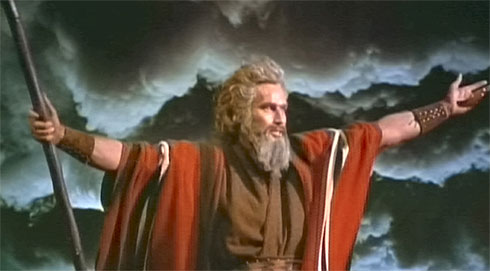A new study finds that the number of Americans who definitely believe in religious miracles increased 22 percent in the past two decades, with 55 percent now certain of this supernatural phenomenon.
Overall, some four in five Americans believe miracles definitely or probably occur, researcher Robert Martin of Pennsylvania State University reported at the recent meeting of the American Sociological Association in Denver.
While beliefs in heaven and hell have remained steady in recent decades, the increased belief in miracles crosses all religious traditions, with the strongest gains reported by those who attend services infrequently, Martin reported.
So why this new interest in religious miracles at a time when the number of Americans with no religious affiliation has been increasing?
Think Oprah.
The increasing belief in miracles would seem to run counter to a culture undergoing rapid technological change, where science is ascendant in individual lives. At the same time, academic trends such as the growth of historical biblical criticism tend to cast added doubt on many of the accounts of miracles in the Bible.
In an article in Bibliotheca sacra on “Three Centuries of Objections to Biblical Miracles,” the Rev. Mark J. Larson recounts some of these arguments by philosophers. Voltaire, Larson noted, said that a “miracle is the violation of mathematical, divine, immutable, eternal laws.” David Hume called belief in miracles “a superstitious delusion.”
“The intellectual winds of the last three centuries have blown in a direction contrary to belief in miracles,” Larson concluded.
Yet the spiritual winds appear to be blowing in a different direction now.
A 2010 Pew Research Center report found 79 percent of Americans, including 78 percent ages 18 to 29, believe in miracles. In the 2003 National Study of Youth and Religion, 91 percent of respondents said they definitely or maybe believe in the possibility of divine miracles from God.












